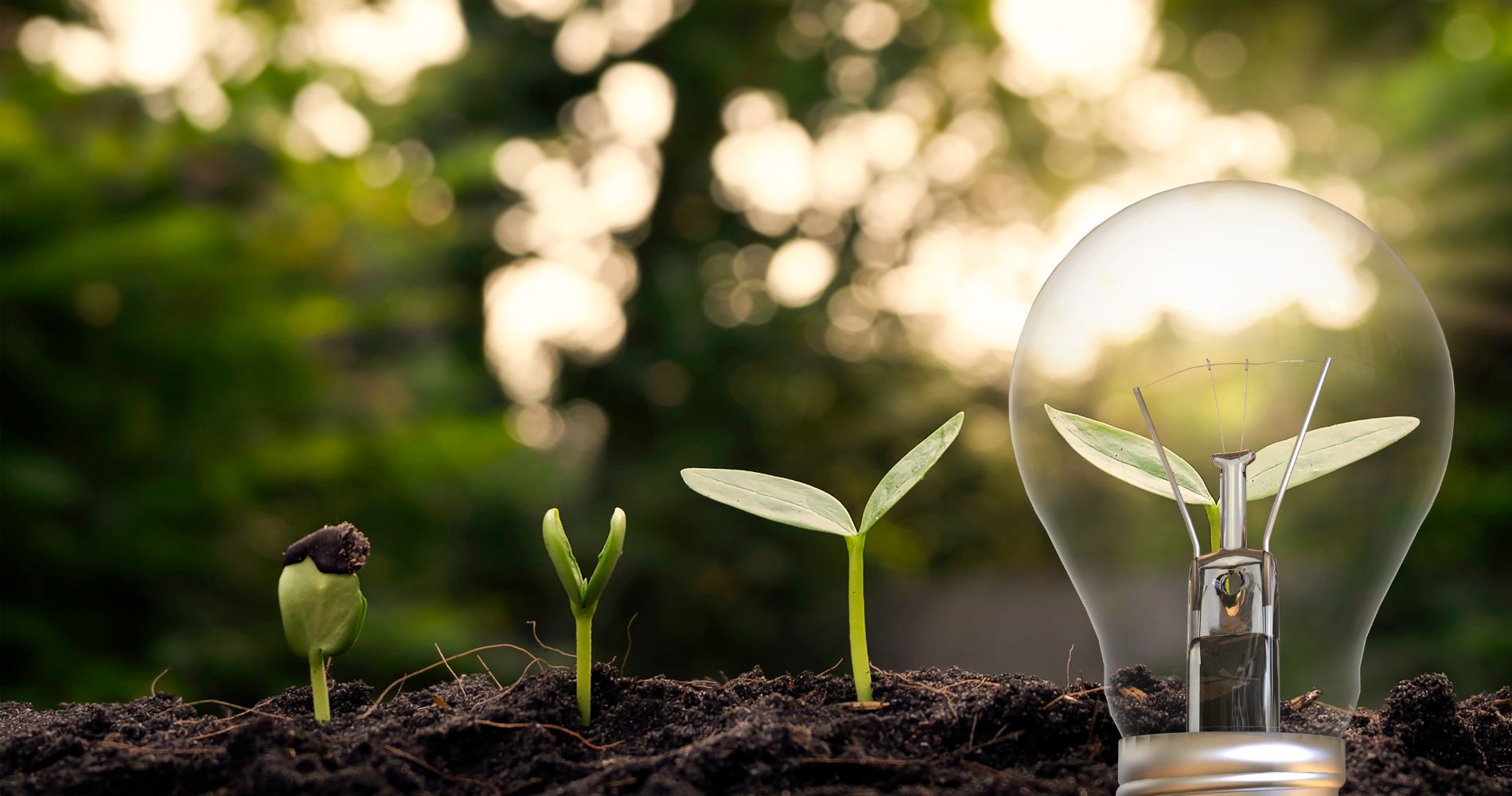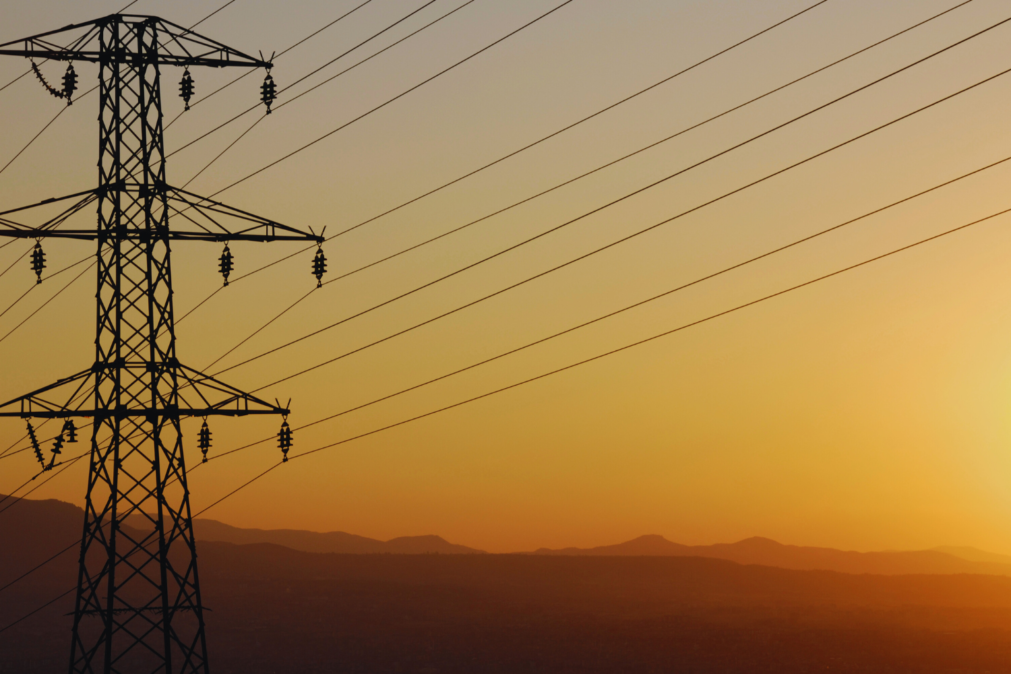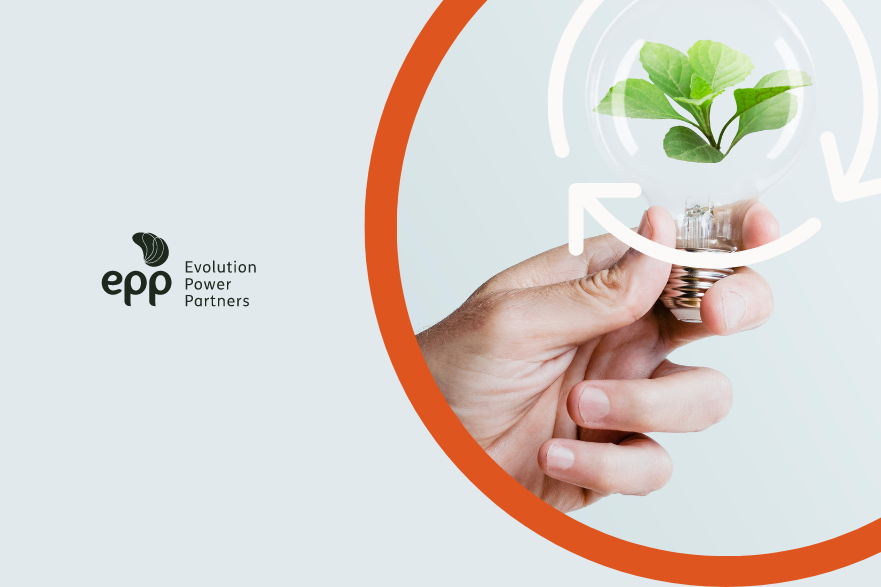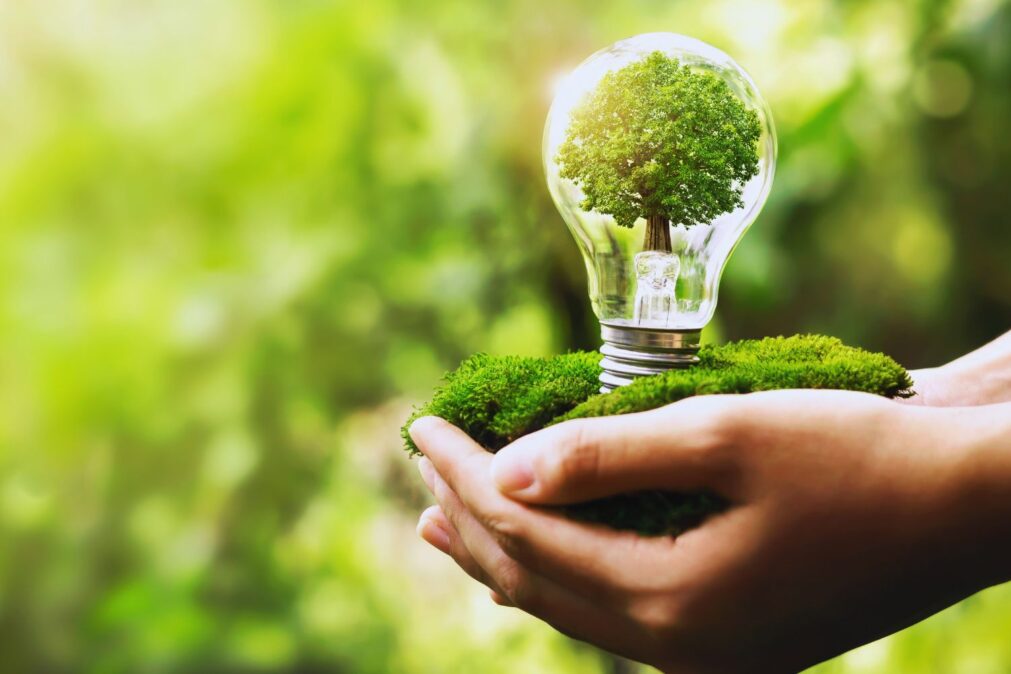Planet Earth, our common home, has suffered from human actions. Ocean pollution, forest destruction and environmental disasters have become frequent headlines. However, the global community has mobilized to reverse this situation, and the Paris Agreement is a testament to this determination.
The Paris Agreement
In 2015, the world came together in a collective effort to fight climate change. COP 21, held in Paris, resulted in the Paris Agreement, a global commitment to limit global warming to well below 2°C, preferably 1.5°C, compared to pre-industrial levels.
Moving forward to 2022, COP 27, held in Egypt, brought new challenges and advances. Among the highlights, the creation of a loss and damage fund was celebrated, especially by the most vulnerable countries, which are the most impacted by climate disasters. This fund recognizes that countries that have contributed the most to climate change must take financial responsibility.
COP 27 also reinforced the urgency of ensuring food security and combating hunger, recognizing the impact of climate change on agricultural systems. In addition, the conference reaffirmed the goal of containing global warming to 1.5°C and the need for deep cuts in greenhouse gas emissions.
However, COP 27 also brought to light the reality that there is still a lot of work to be done. Countries are under pressure to meet the Paris Agreement targets, and the science is clear: more extreme action is needed in this decade.
The deal still faces challenges. The question of the use of coal, one of the main emitters of greenhouse gases, has become a point of controversy. The need to transition to cleaner energy sources is urgent, and the world must come together to overcome these obstacles.
Sustainable Development Goals
In addition to the Paris Agreement, the United Nations (UN) established the Sustainable Development Goals (SDGs) in 2015. These 17 goals, ranging from eradicating poverty to taking action on climate change, provide a roadmap for a fairer and more sustainable future.
Brazil and Sustainability
Brazil, rich in biodiversity and natural resources, has a crucial role in the fight against climate change. In 2021, the country committed to reducing greenhouse gas emissions by 37% by 2025 and by 43% by 2030. In addition, initiatives such as the National Policy on Climate Change, established in 2009, show the commitment of the Brazil with a greener future.
In the midst of these challenges, a promising solution emerges: biomethane. The company Gás Verde, leader in the Brazilian biomethane market, is at the forefront of this green revolution. Recently, the company acquired ENC Energy and announced an investment of BRL 600 million in expansion projects until 2026. With the operation, Gás Verde starts to process 1 million cubic meters/day of biogas, consolidating its leadership position.
Biomethane is a 100% renewable fuel and has the potential to significantly reduce greenhouse gas emissions. In addition, it is immune to fluctuations in the exchange rate and international oil prices, making it an economical and sustainable alternative to diesel.
Gás Verde is also investing in the construction of the first green carbon dioxide plant using sanitary landfills, in Seropédica, RJ. This plant, expected to start operating in 2024, will produce 100 tons of green carbon dioxide per day.
Brazil has enormous potential to lead the biomethane revolution. With the strength of Brazilian agribusiness and companies like Gás Verde, the country can position itself as a global leader in low carbon solutions.
The Sustainable Future
The journey to a sustainable future is long and full of challenges. However, with treaties like the Paris Agreement and global initiatives like the SDGs, there is hope. Every nation, every company and every individual has a role to play. Together, we can build a world where harmony with nature is not just an ideal, but a reality.





